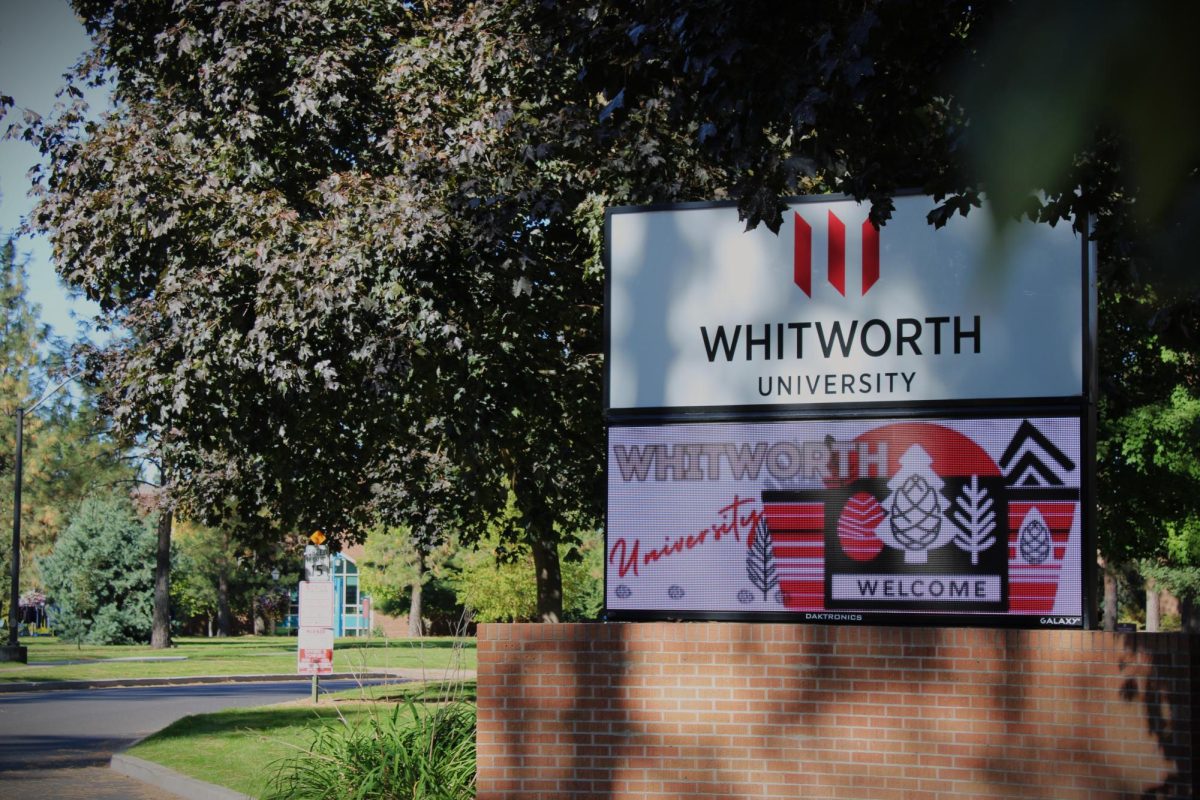Just over a year ago, the Supreme Court stunned the nation with its decision to repeal affirmative action. Upon their rulings on the cases Students for Fair Admissions (SFFA) v. Harvard and SFFA v. UNC., many students and educational institutions worried about the future of diverse student bodies. The start of the 2024-25 academic school year was the first time in 40 years that colleges and universities could not consider race in their admissions process.
In a past Whitworthian article, Whitworth University staff went on the record to state that the university’s admissions policy and the demographics of its student body will not be affected by the ending of affirmative action. Amy Borjas, director of enrollment operations, corroborates this year-old statement by confirming that there has been no adverse change to Whitworth’s admissions statistics for this academic school year.
“[Whitworth has] gone up in the number of BIPOC and first-gen students by 1.5%. And really, over the last five years, we’ve slowly increased that population in our community,” said Borjas.
Prior to the Supreme Court’s decision, public universities in Washington state were already barred from considering affirmative action as part of the college admissions process. As a private institution, Whitworth University followed suit, explained Borjas. “That’s been kind of standard, and that’s part of the reason why there wasn’t any major change for us as a university. That was already something that we were working on within Washington State, and so our approach is pretty much the same.”
With efforts made by the Office of Admissions, such as offering tours and financial aid calls in Spanish, as well as contributing to the Multicultural Leadership Program, Whitworth continues to strive for a holistic admissions process for each student applying.
While the end of affirmative action had no bearing on Whitworth’s admissions policy, the perceptions from students may or may not reflect such confidence in the university’s access to and strides toward greater diversity. As observed by Sophie St. Jacques, this year’s cultural events coordinator for ASWU, people applying and committing to Whitworth “[are] not coming here for its diversity.” While recognizing Whitworth’s “incredibly strong, robust international student program,” as St. Jacques remarked, the lack of resources for domestic students of color—who may feel a disconnect with both international students and the predominantly white student body—is something to assess and improve on campus.
“I think a lot of times we always like to look at how far we’ve come, but we don’t like to consider how much further we can go,” said St. Jacques. By validating the identities of its student body while remembering their personhood, Whitworth can progress toward greater.







